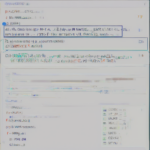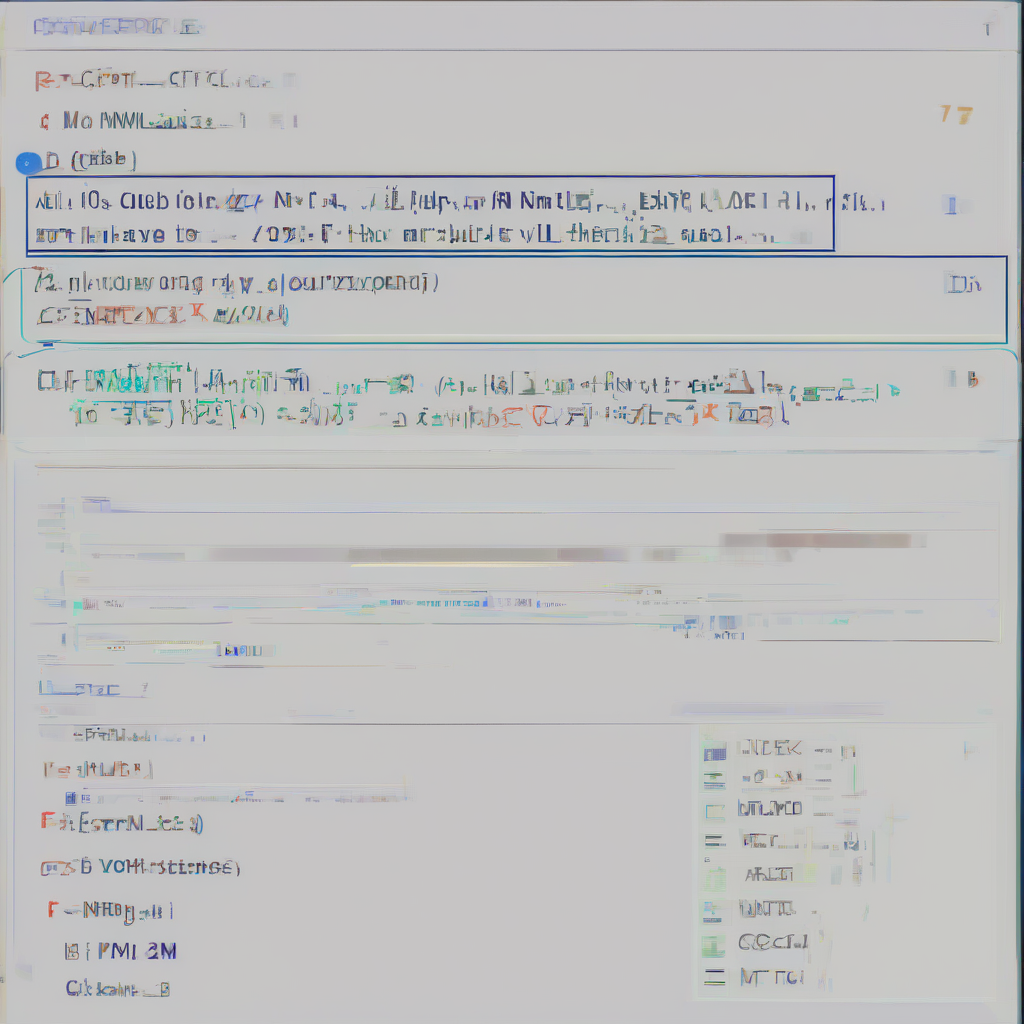Real Estate Tax vs. Personal Property Tax: A Comprehensive Guide
Navigating the world of taxes can be a complex and often confusing process. Understanding the difference between real estate tax and personal property tax is crucial for individuals and businesses alike, as these levies can significantly impact your financial obligations. This comprehensive guide delves into the intricacies of both taxes, explaining their definitions, how they work, and the key distinctions between them.
Understanding Real Estate Tax
Real estate tax, also known as property tax, is a levy imposed by local governments on the value of real estate, including land and any structures built on it. This tax is a primary source of revenue for municipalities, funding essential services like schools, police, fire departments, and infrastructure maintenance.
Key Features of Real Estate Tax:
- Based on assessed value: Real estate taxes are calculated based on the assessed value of your property, which is determined by local assessors. The assessed value may not always reflect the market value.
- Annual payment: Real estate taxes are typically paid annually, either in one lump sum or through installments.
- Property-specific: The tax rate and amount owed vary depending on the location and type of property.
- Required for ownership: Payment of real estate taxes is generally a requirement for owning property. Failure to pay can lead to penalties, liens, and even foreclosure.
- Impact on home equity: As real estate taxes are a cost of ownership, they can impact your home equity over time.
Delving into Personal Property Tax
Personal property tax, in contrast to real estate tax, targets tangible assets that are not considered real estate. These assets can include vehicles, boats, jewelry, furniture, and other valuables. The purpose of this tax is to generate revenue for local governments, similar to real estate taxes.
Key Features of Personal Property Tax:
- Based on asset value: The tax is calculated based on the value of the personal property, which may be determined by an appraisal or assessed value.
- Variable payment frequency: The frequency of payment for personal property tax can vary depending on the jurisdiction and specific assets.
- Asset-specific: Different types of personal property may be subject to different tax rates, based on their value and category.
- Potential exemptions: Some states and localities may offer exemptions or deductions for certain types of personal property, such as household goods or religious items.
- Varying impact: The impact of personal property tax can vary depending on the individual’s asset portfolio and local tax regulations.
Comparative Analysis: Real Estate Tax vs. Personal Property Tax
To understand the key distinctions between real estate tax and personal property tax, let’s examine their differences in terms of assessment, payment, and impact:
Assessment:
- Real Estate Tax: Assessment is conducted by local assessors who evaluate the property’s value based on factors like location, size, condition, and market trends.
- Personal Property Tax: Assessment can be based on self-reported values, appraisals, or pre-determined value schedules, depending on the specific asset and jurisdiction.
Payment:
- Real Estate Tax: Usually paid annually, often through property tax bills issued by the local government.
- Personal Property Tax: Payment frequency can vary depending on the asset and local regulations. Some taxes are paid annually, while others may be due periodically or with a specific event, such as vehicle registration.
Impact:
- Real Estate Tax: Direct impact on homeownership costs and equity, as it is a recurring expense.
- Personal Property Tax: Can affect the cost of owning and maintaining personal assets, potentially impacting financial decisions and spending habits.
Navigating the Tax Landscape: Practical Implications
Understanding the differences between real estate tax and personal property tax has practical implications for both individuals and businesses:
For Homeowners:
- Budgeting: Real estate tax is a significant expense for homeowners, so it’s crucial to factor it into your annual budget.
- Property Value: The assessed value of your property directly impacts the amount of real estate tax you pay. Keeping your home well-maintained and making improvements can potentially increase its value and reduce your tax burden.
- Tax Relief Programs: Some municipalities offer tax relief programs, such as homestead exemptions or senior citizen discounts, that can help reduce your property tax liability.
For Business Owners:
- Business Location: Real estate tax can vary significantly between different locations. When choosing a business site, consider the tax implications and their potential impact on your bottom line.
- Asset Management: Understanding the tax implications of personal property can help you make informed decisions about purchasing, leasing, or disposing of assets.
- Tax Planning: Consulting with a tax professional can help you develop strategies to minimize your business tax liabilities, including both real estate and personal property taxes.
Conclusion:
Real estate tax and personal property tax are distinct types of levies that play an integral role in financing local government services. Understanding their fundamental differences, assessment processes, and potential implications is crucial for individuals and businesses alike. By staying informed about these taxes and exploring available tax relief options, you can effectively manage your financial obligations and ensure you’re paying your fair share while minimizing your tax burden.








